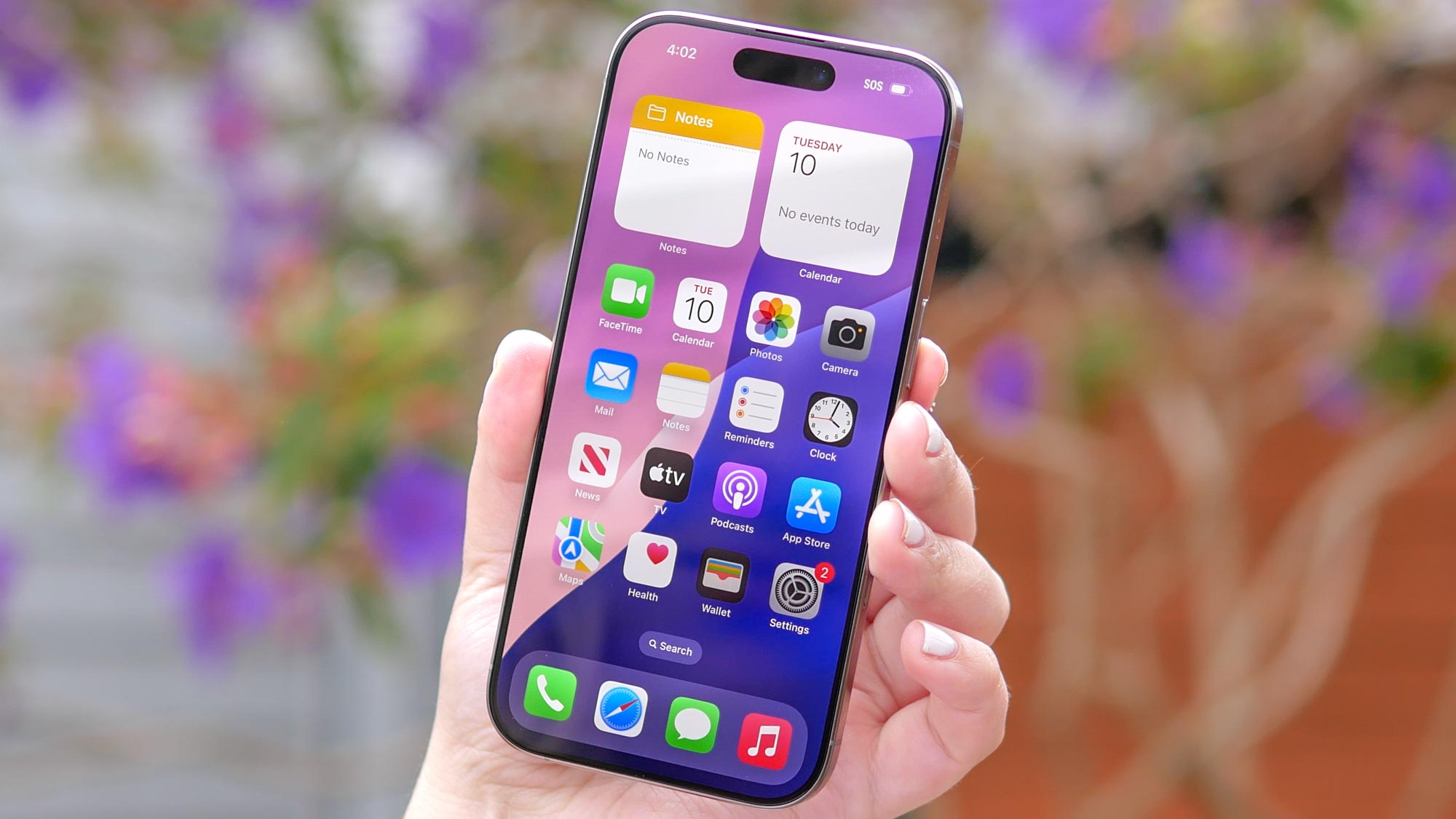S Martinelli & Company has recalled 7,234 cases of their signature apple juice. Six packs per case ..
. More and four bottles per pack means that this recall involves 173,616 bottles of Martinelli’s apple juice. (Photo: Getty) If someone were to ask you, “Would you like some patulin with your apple juice?” Your answer should be, “Apple-solutely not.

" That’s because patulin is a mycotoxin, with the prefix “myco” standing for fungus and “toxin” standing for, well, toxin. In general, it’s not a good idea to drink something labeled as a toxin. And since this particular toxin can cause a whole host of health problems in humans, the potential presence of too much patulin has prompted an apple juice recall.
Specifically, S Martinelli & Company has recalled 7,234 cases of their signature apple juice. Six packs per case and four bottles per pack means that this recall involves 173,616 bottles of Martinelli’s apple juice. The U.
S. Food and Drug Administration has indicated that this is a voluntary recall, initiated by the company on March 18. So if you did get apple juice in a 10-ounce “bulbous/round glass bottle" with a "white metal screw top lid," you may want to take a closer look at the Universal Product Code and “best by" date on it.
A UPC number of “0 41244 04102 2” and a “best by” date is Dec. 5, 2026, means that your apple juice is part of the recall. That means that your “return by” or “discard by” date for this apple juice should be now.
And remember discarding a recalled product doesn’t mean feeding it to your roommate, as I have described before in Forbes , no matter what you think about your roommate. It means disposing it in the trash in a manner that no one else can consume it. This recall is encompassing Martinelli’s apple juice shipped to the following 28 U.
S. states: Alabama, Arizona, Arkansas, California, Connecticut, Delaware, Florida, Georgia, Illinois, Indiana, Iowa, Kansas, Kentucky, Louisiana, Michigan, Mississippi, Missouri, New Hampshire, New Jersey, New York, North Carolina, Ohio, Pennsylvania, South Carolina, Texas, Utah, Virginia and Wisconsin. Of course, just because you aren’t in one of those states doesn’t necessarily mean that you are all clear.
There’s always the possibility that someone bought apple juice in one of those states and brought it across state lines. Now, it’s not clear how many bottles were actually contaminated with the mycotoxin. Different molds such as Aspergillus , Penicillium and Byssochlamys can produce patulin.
Molds belong to the kingdom of Fungi and is a specific form of fungi that grow filament structures known as hyphae. Such molds can grow on a variety of fruits, including apples, especially rotting ones. The potential presence of patulin is yet another reason why you shouldn’t say, “Hey, I’ve found a bunch of rotting apples.
Let’s make some apple juice.” Patulin is resistant to heat and pasteurization. So, it can be difficult to completely get rid of all patulin even if you think you’ve excluded all the rotten apples in a bunch.
That’s why apple product manufacturers (meaning makers of the fruit products and not the smartphones) need to regularly measure patulin levels and make sure that such levels stay below the allowable limits. The FDA set a maximum limit of 50 micrograms per kilogram in 2005 for apple juice products. The European Union follows the World Health Organization recommended threshold of no more than 50 μg/L in apple juice and cider, 25 ng/g in solid apple products, and 10 ng/g in products for infants and young children as described in a review article in Trends in Food Science and Technology .
Here is a close-up of Martinelli's Gold Medal apple juice packaging. (Photo by Smith ..
. More Collection/Gado/Getty Images) The FDA has categorized this apple juice recall as Class II , which means that the using the product “may cause temporary or medically reversible adverse health consequences.” For context, that’s one class higher than the Class III butter recall for the potential presence of poop that I recently wrote about in Forbes .
In case you are wondering. it’s not good to consume poop. The same can be said about consuming patulin, except that’s it can be even riskier.
Consuming too much patulin can result in immediate symptoms such nausea, vomiting, and various types of gastrointestinal distress. But even more concerning are the possible longer-term effect like damage to your liver and kidney and suppression of your immune system. Then, there’s the risk of damage to your DNA, which ain’t good.
You rarely hear, “I think I damaged my DNA but I can just walk it off.” Since your DNA codes for the proteins in your body, damaging your DNA can lead to a whole cascade of changes in cells throughout your body and thus bad health effects. One of these health effects could be cancer, although there hasn’t been enough longer-term studies to confirm whether this is the case.
So if you see apple juice anywhere, you may want to say, “How about them apple juices,” and check whether they are from S Martinelli & Company and are affected by the apple juice recall. If they are, return or discard them immediately. After all, it’s no fun to consume a toxin from a fungus.
.
Technology

Apple Juice Recall Of Over 170,000 Bottles Due To Patulin Concerns

S Martinelli & Company is recalling 173,616 bottles of their apple juice due to potential contamination with patulin, a mycotoxin produced by molds, according to the FDA.















